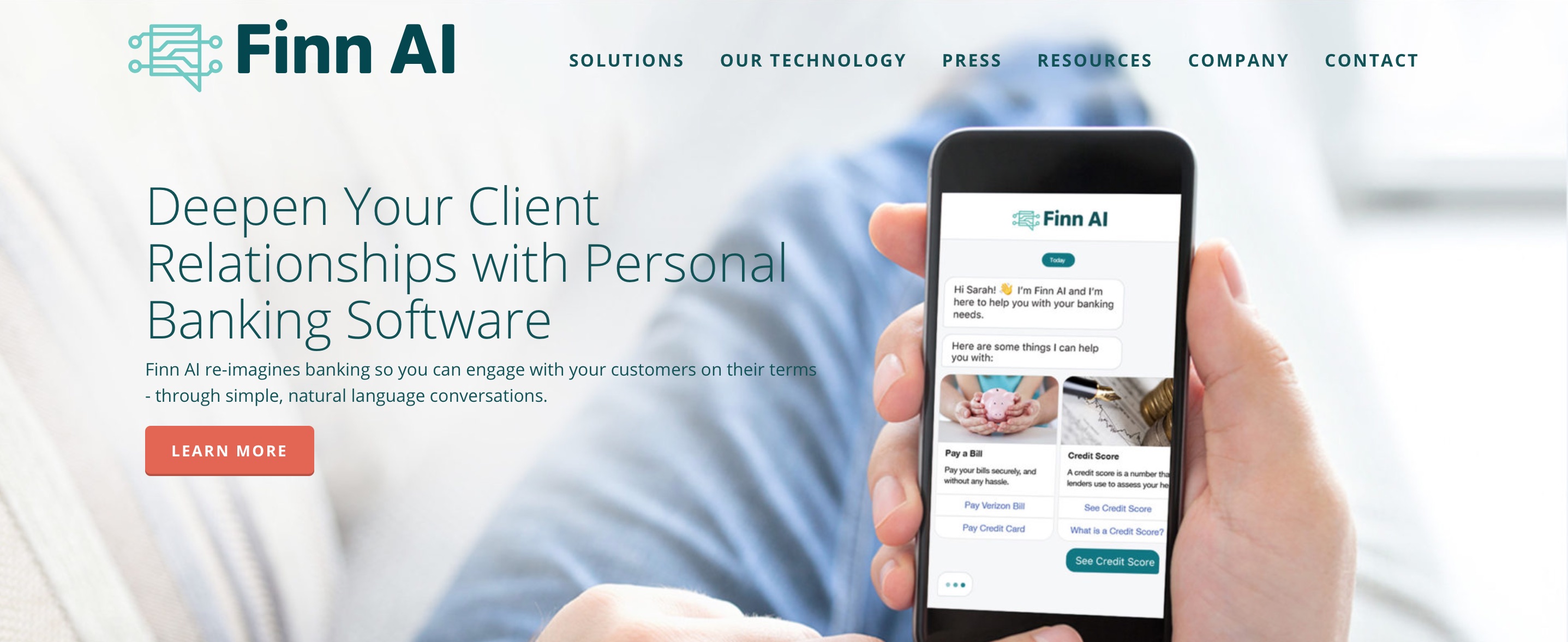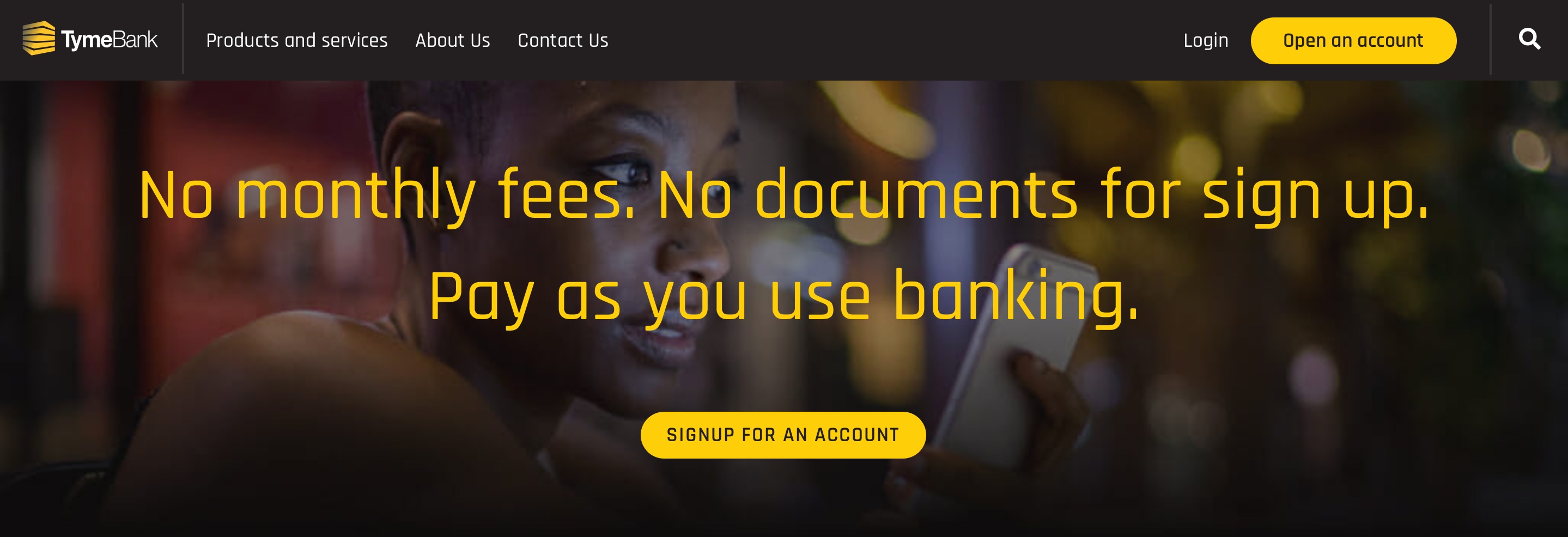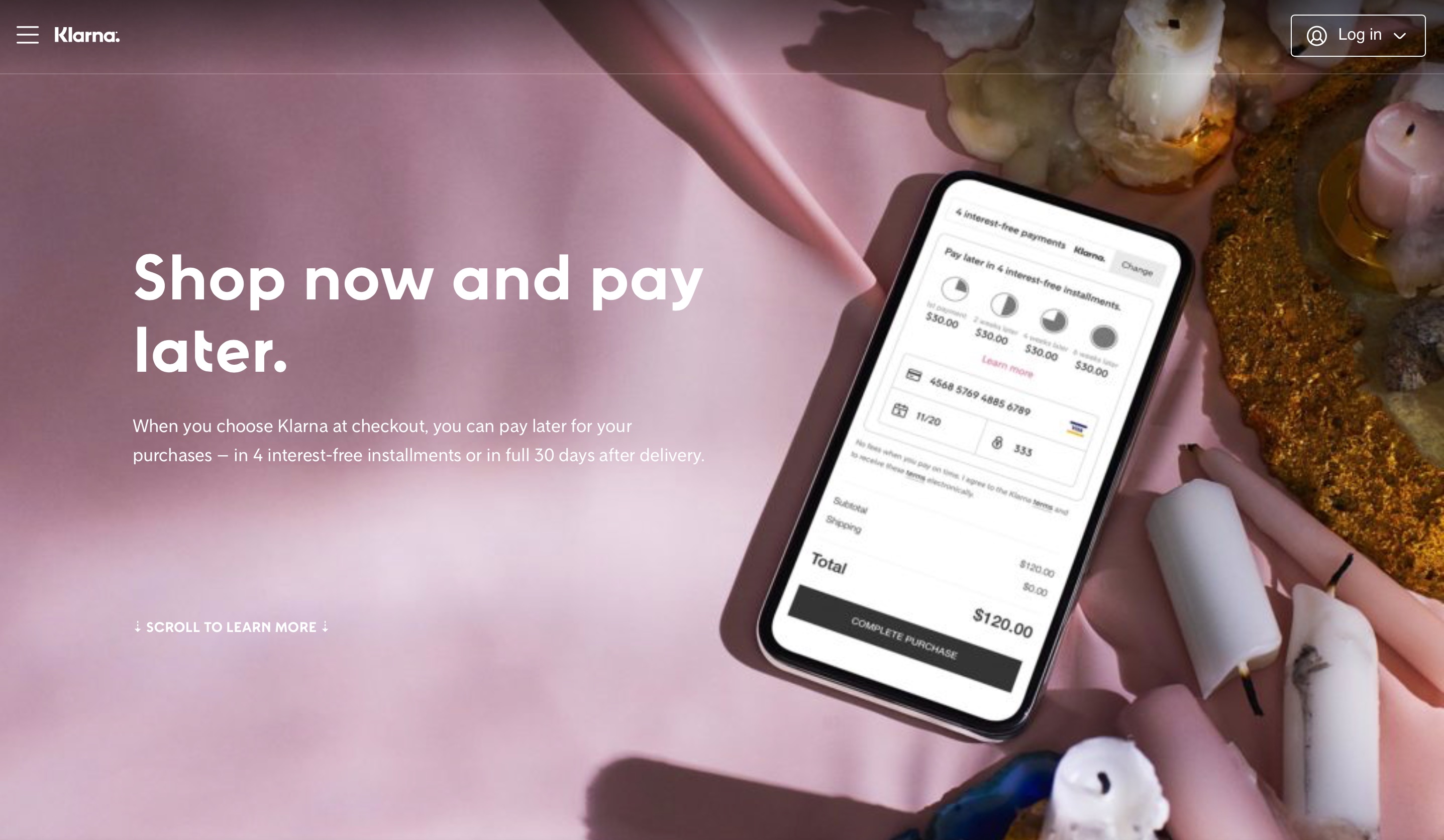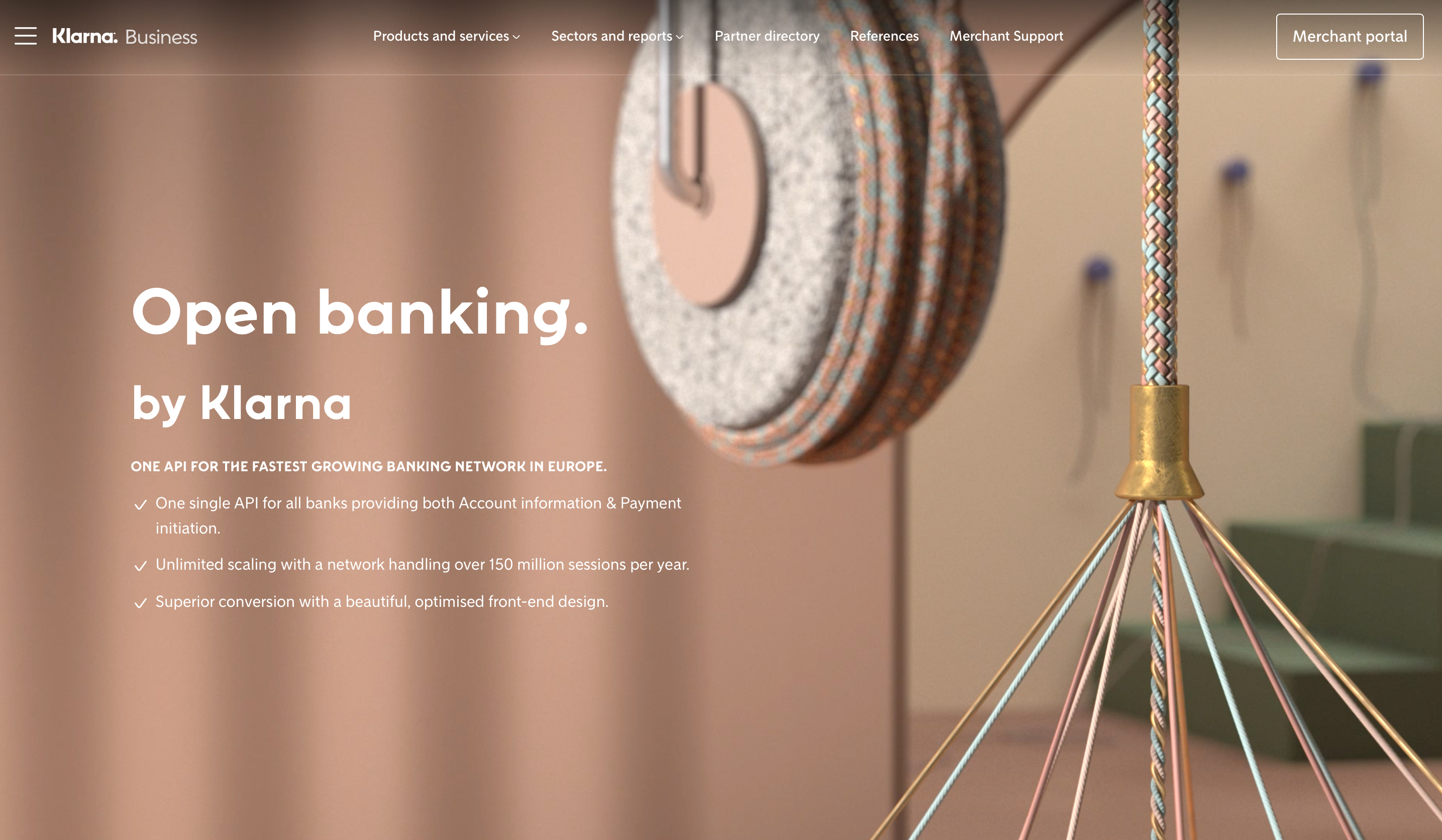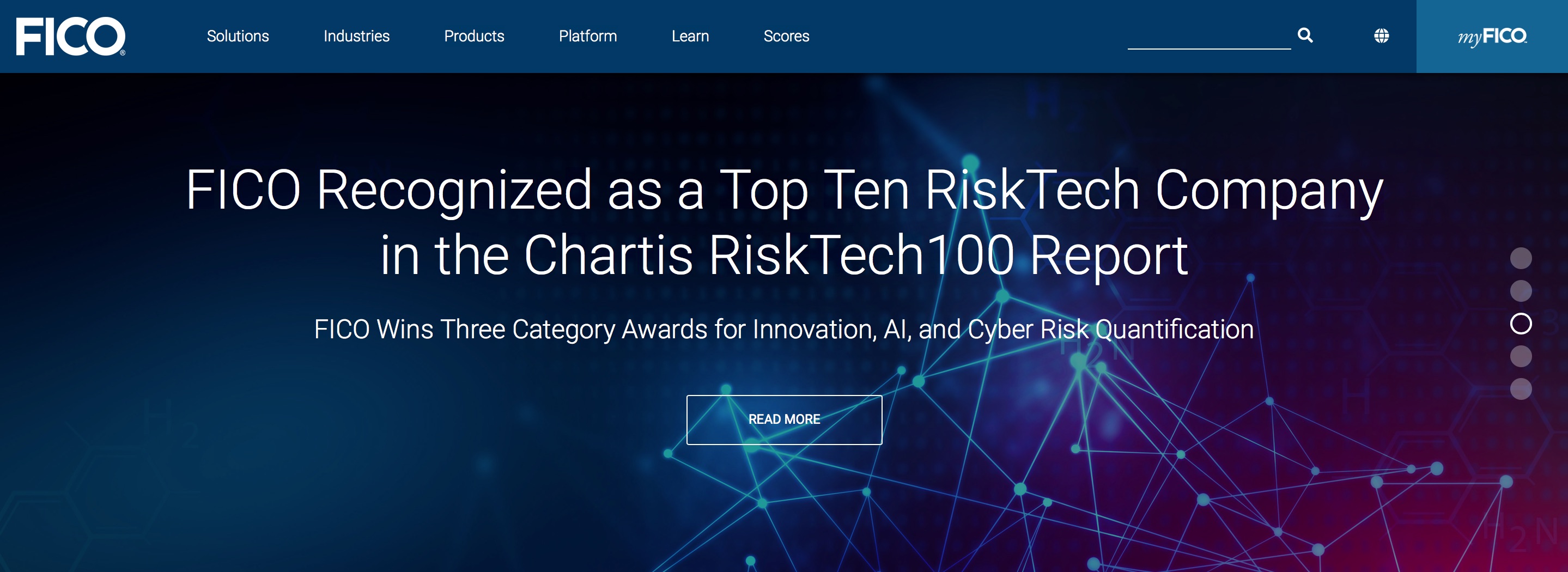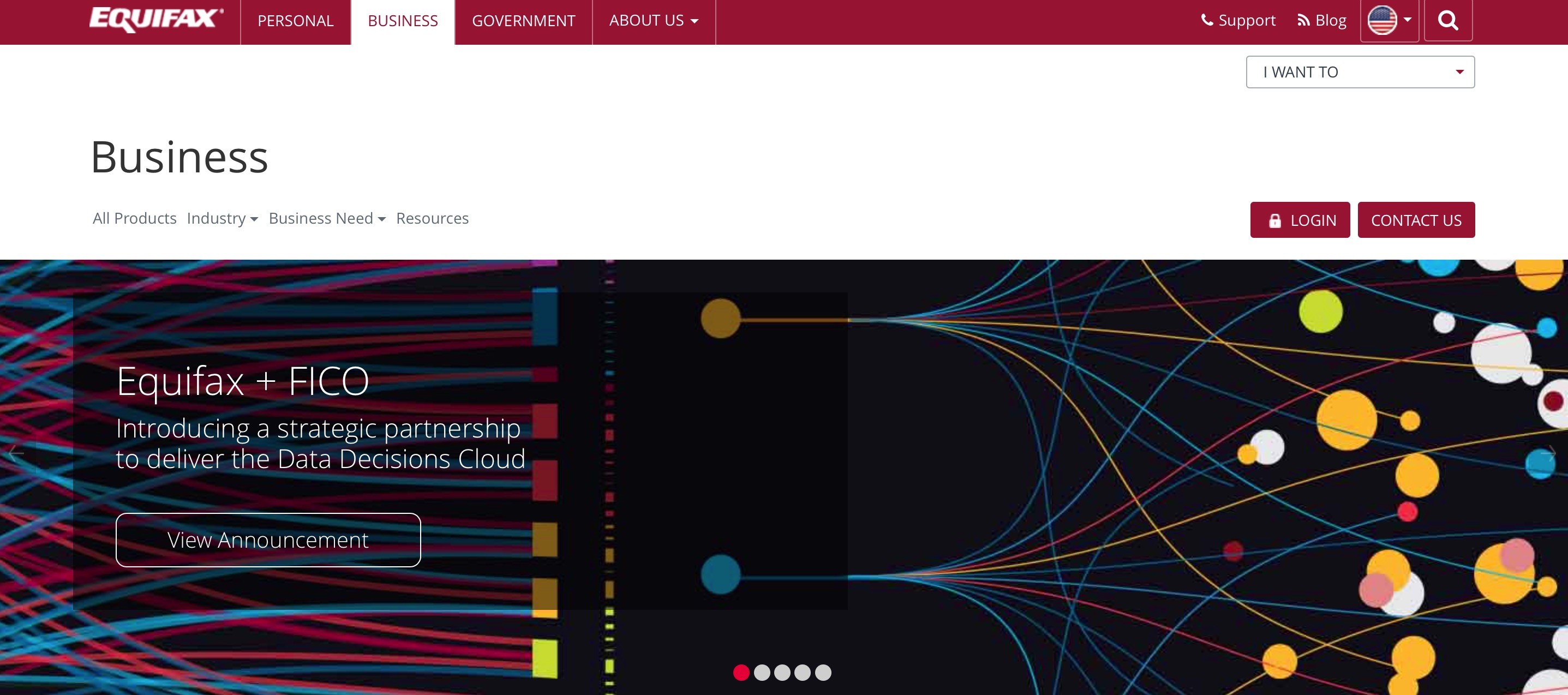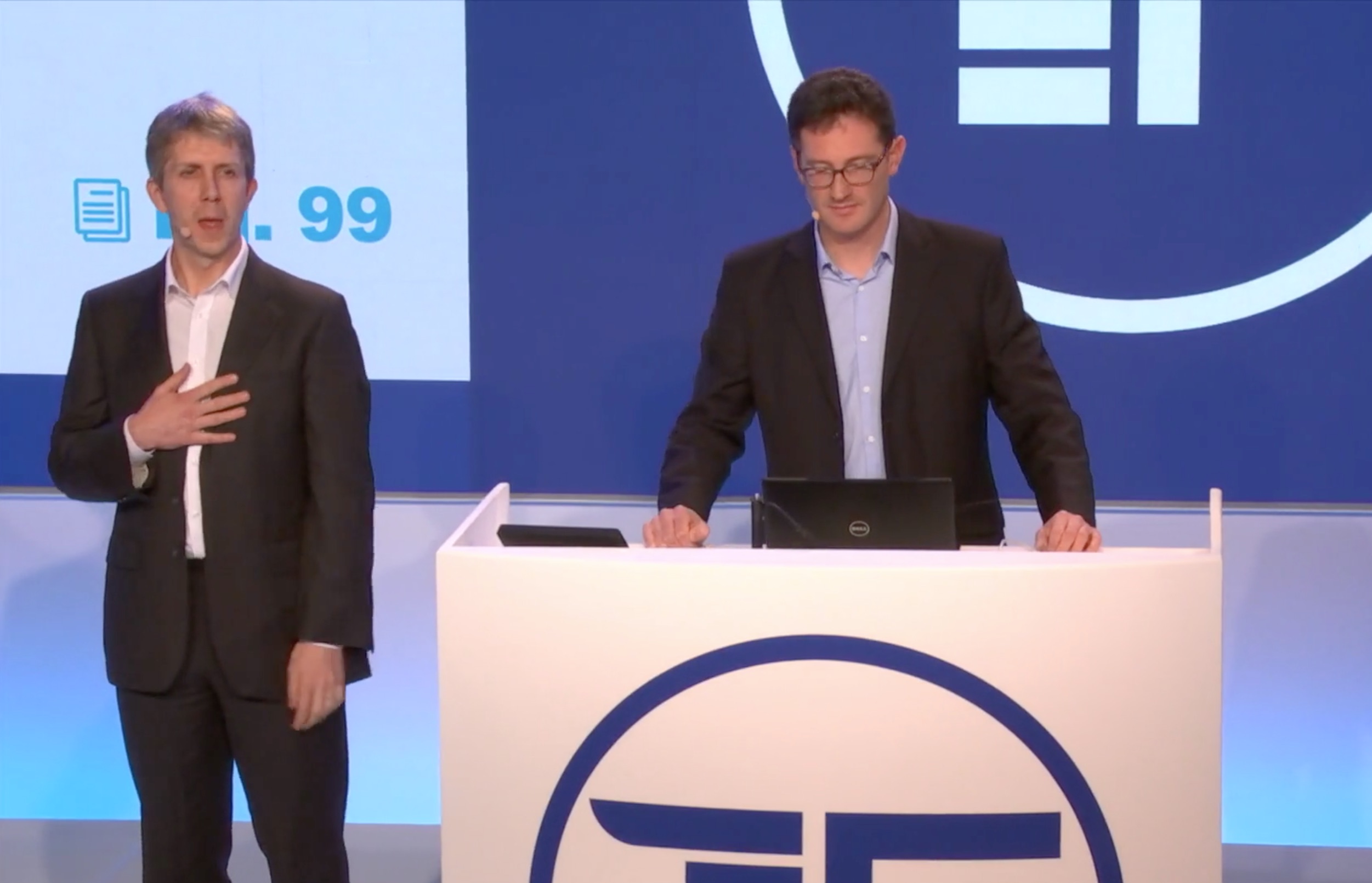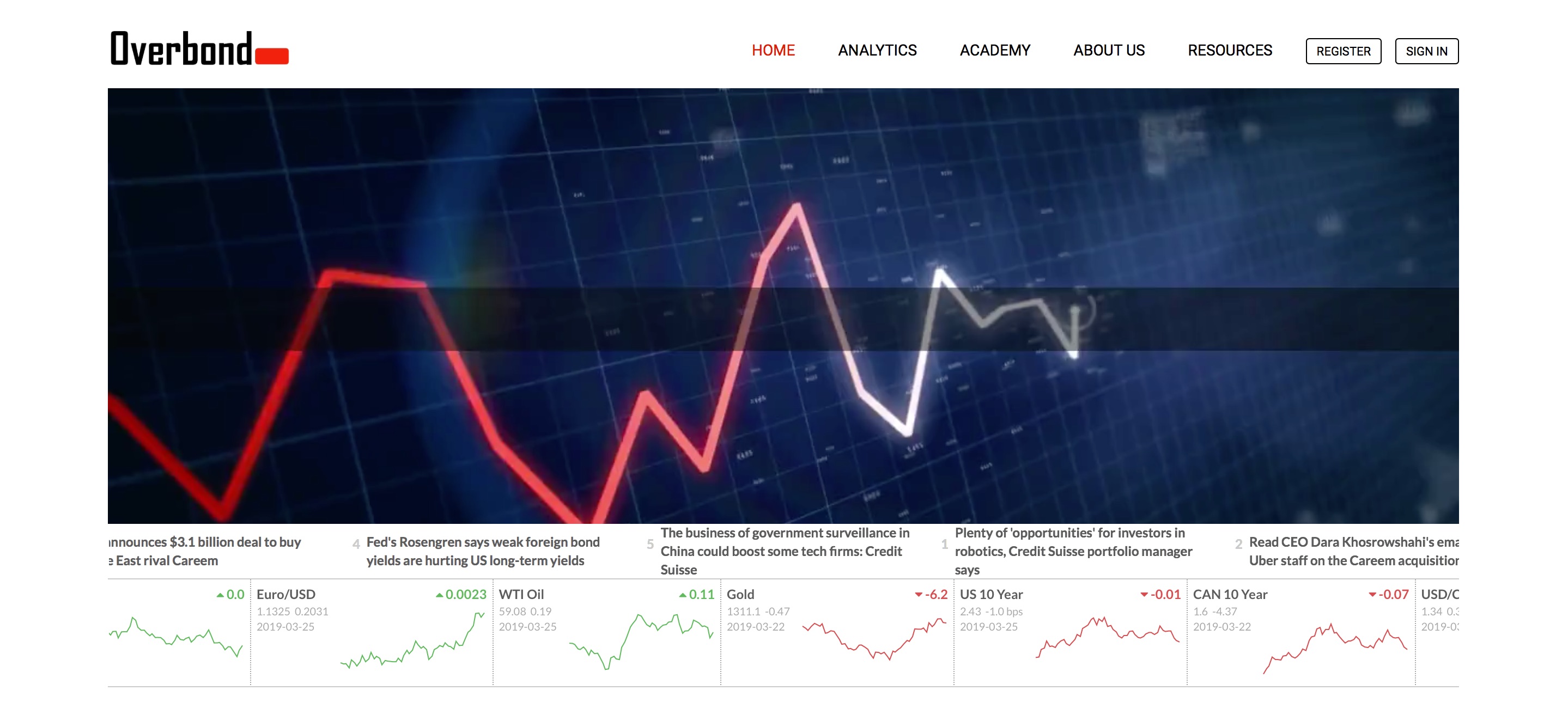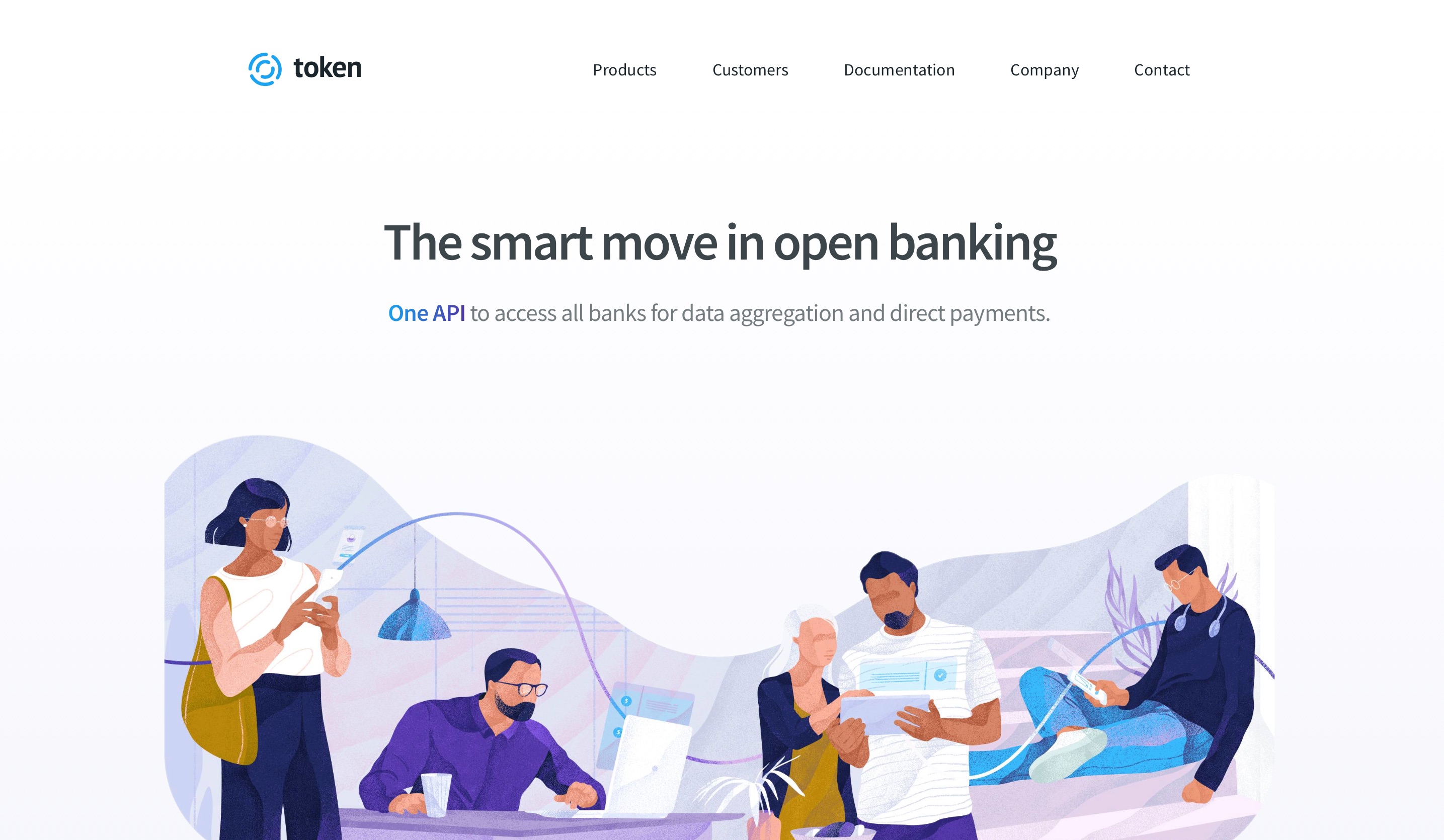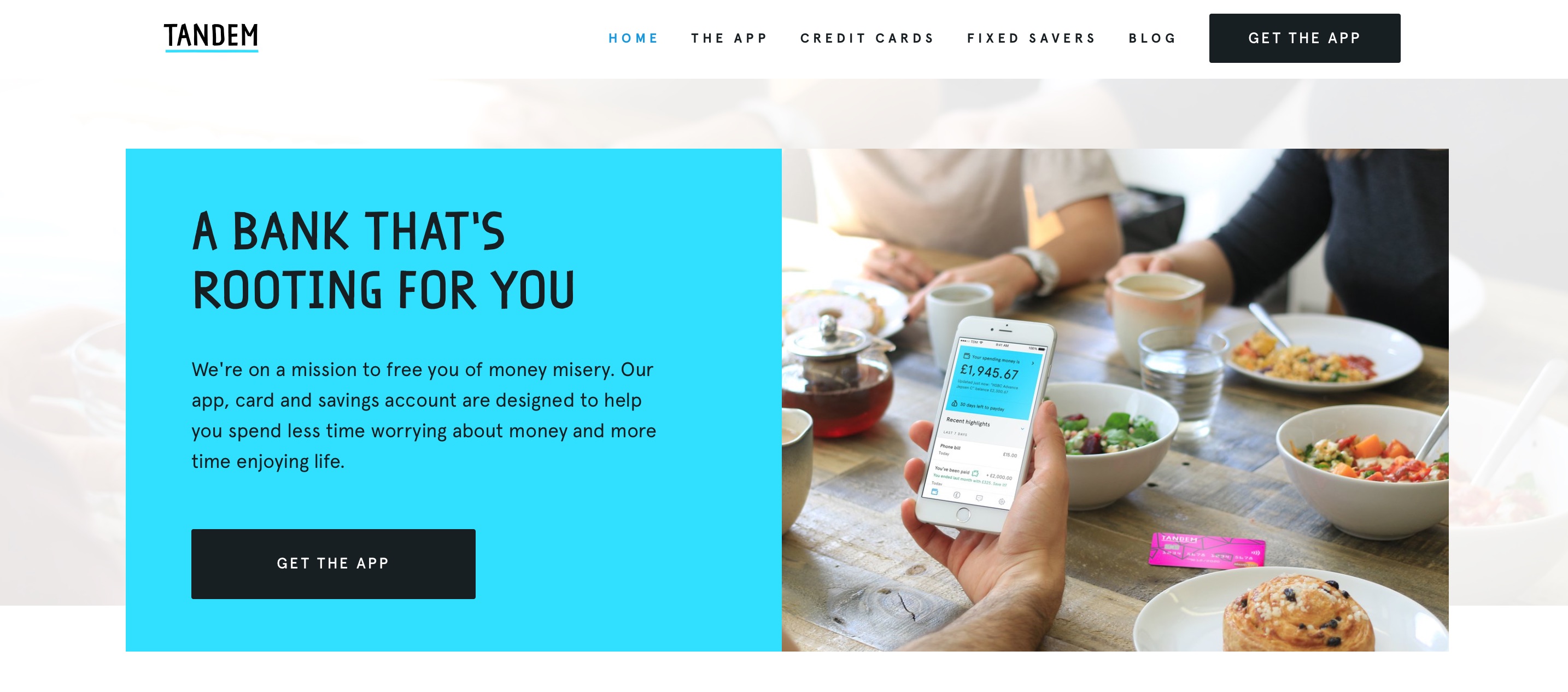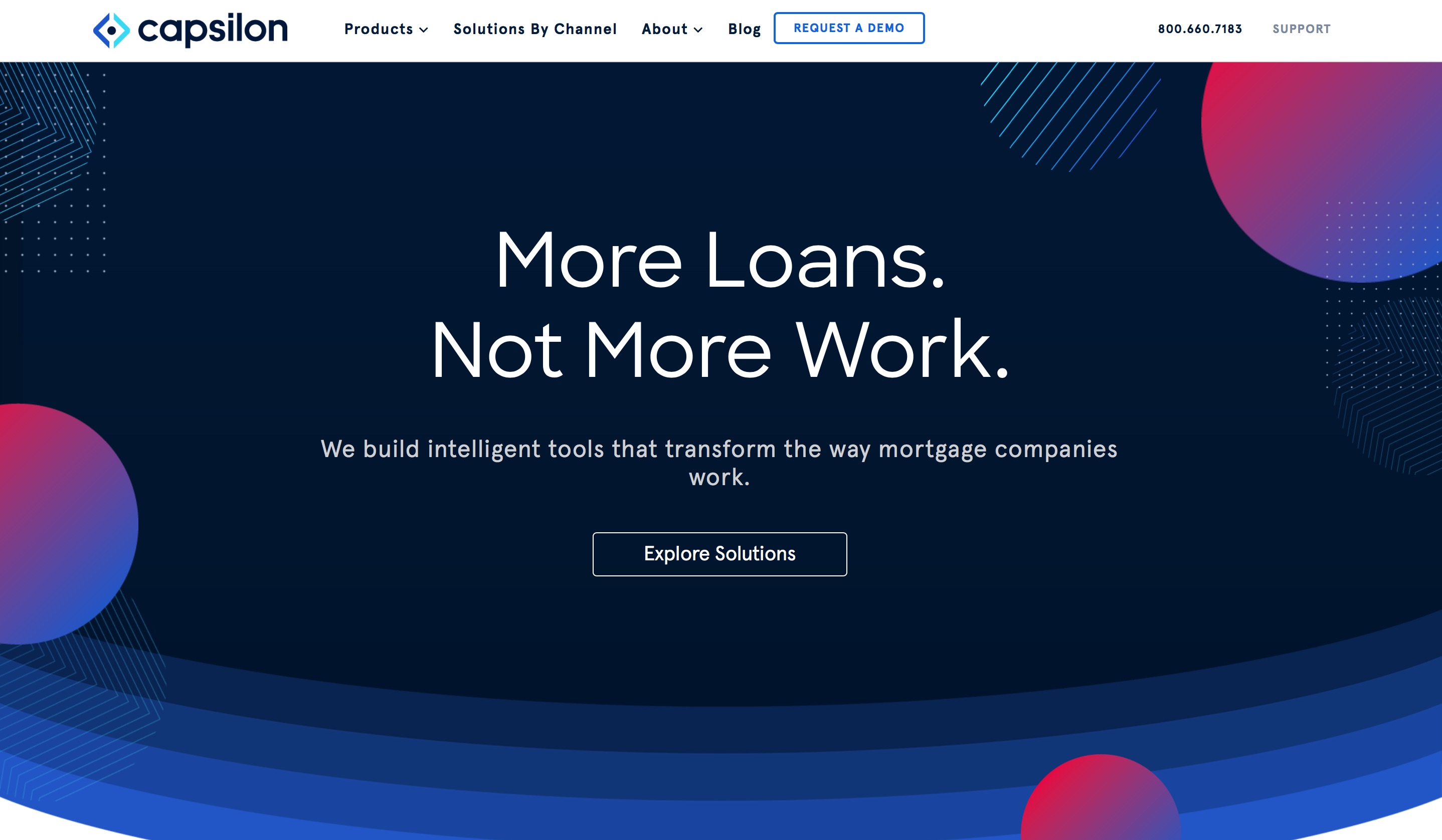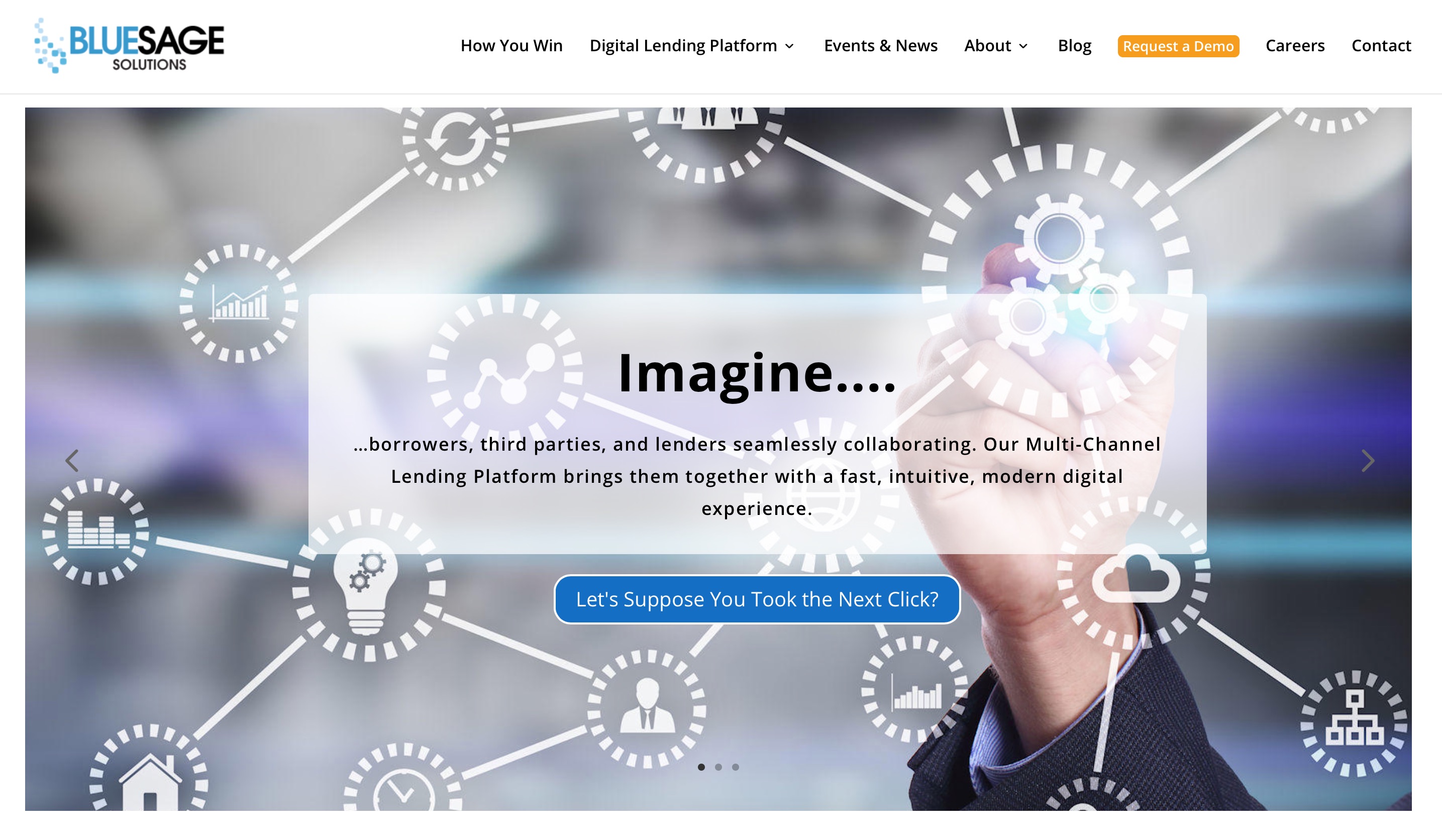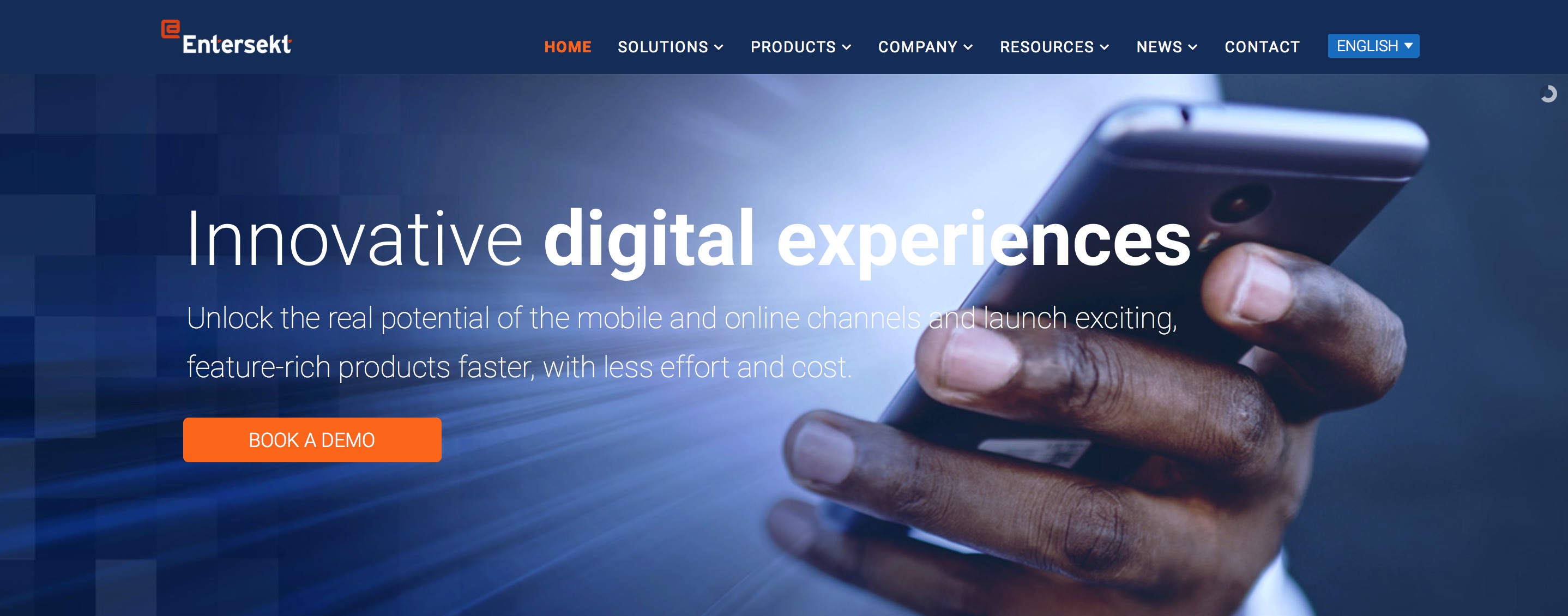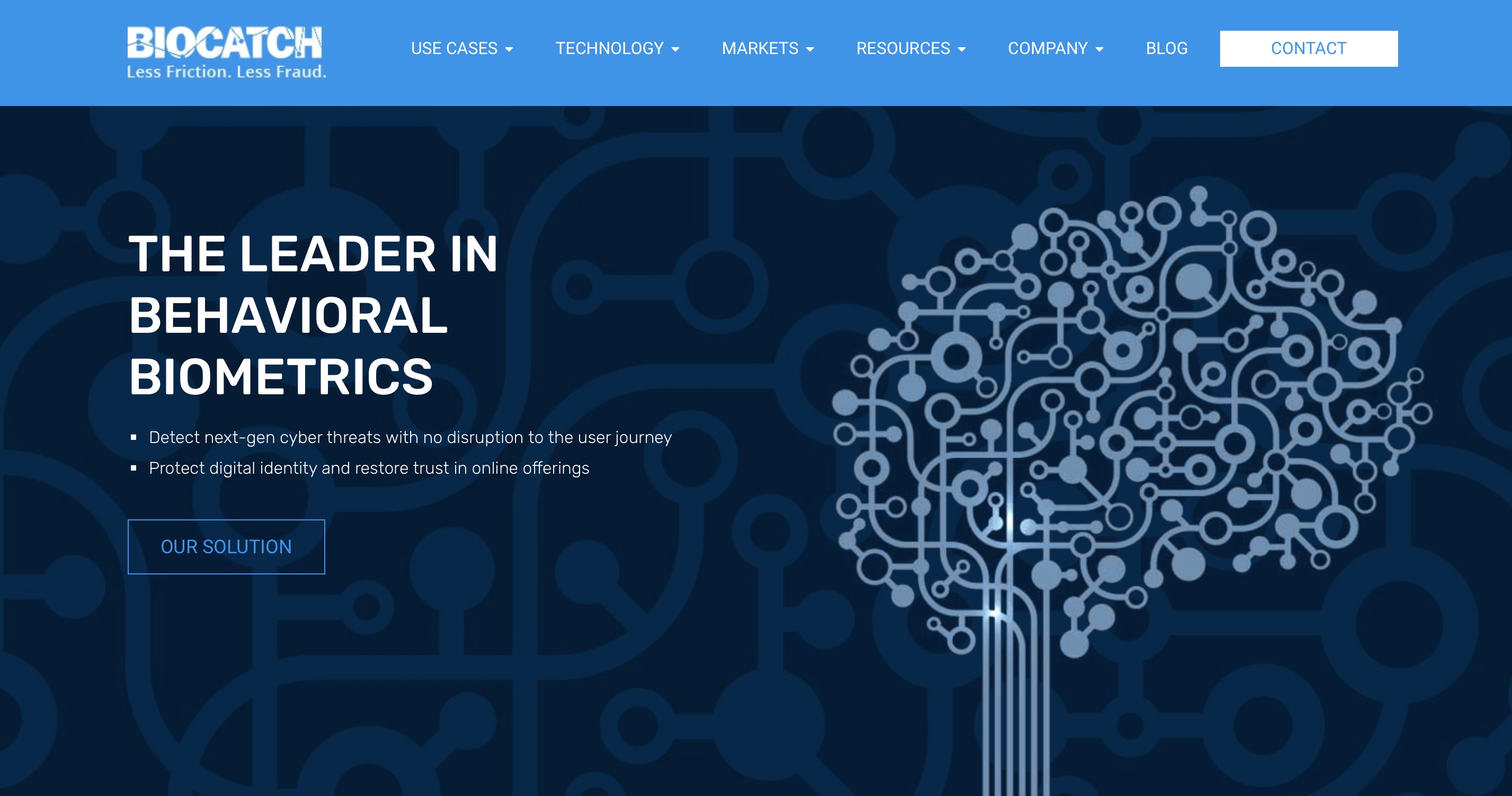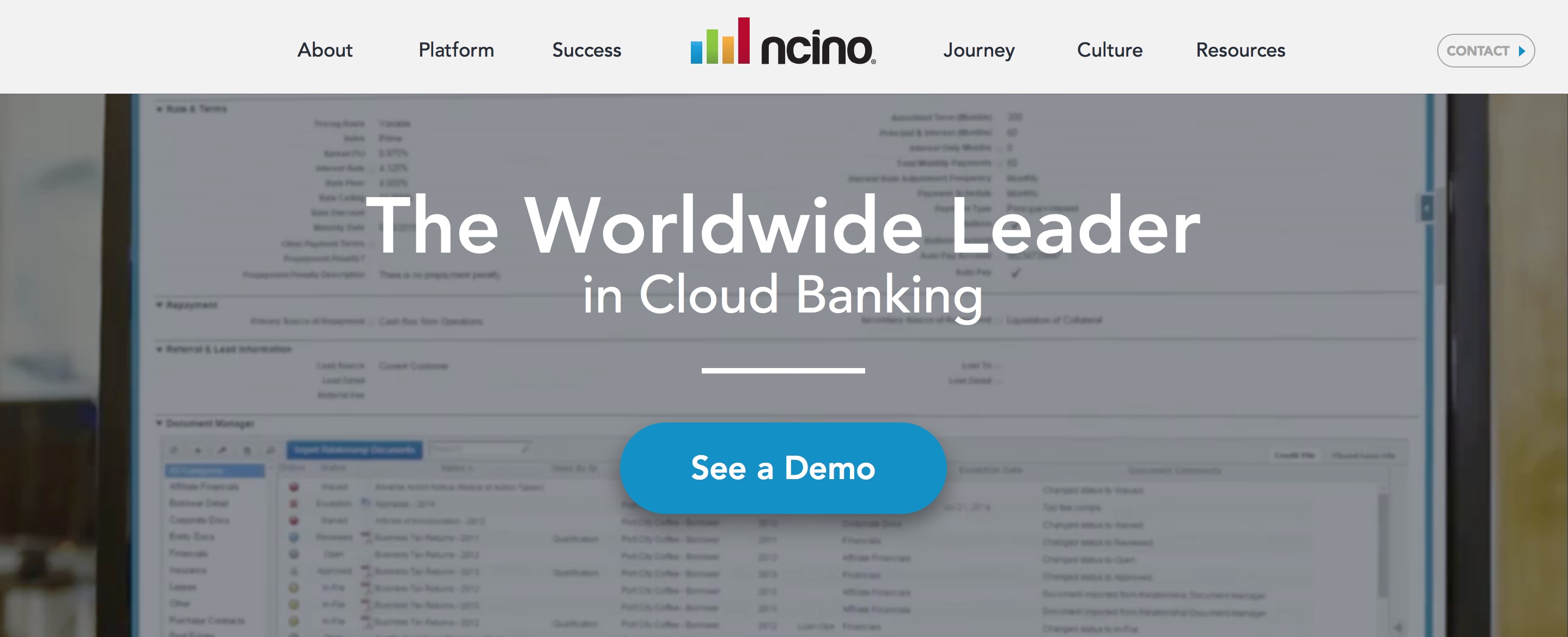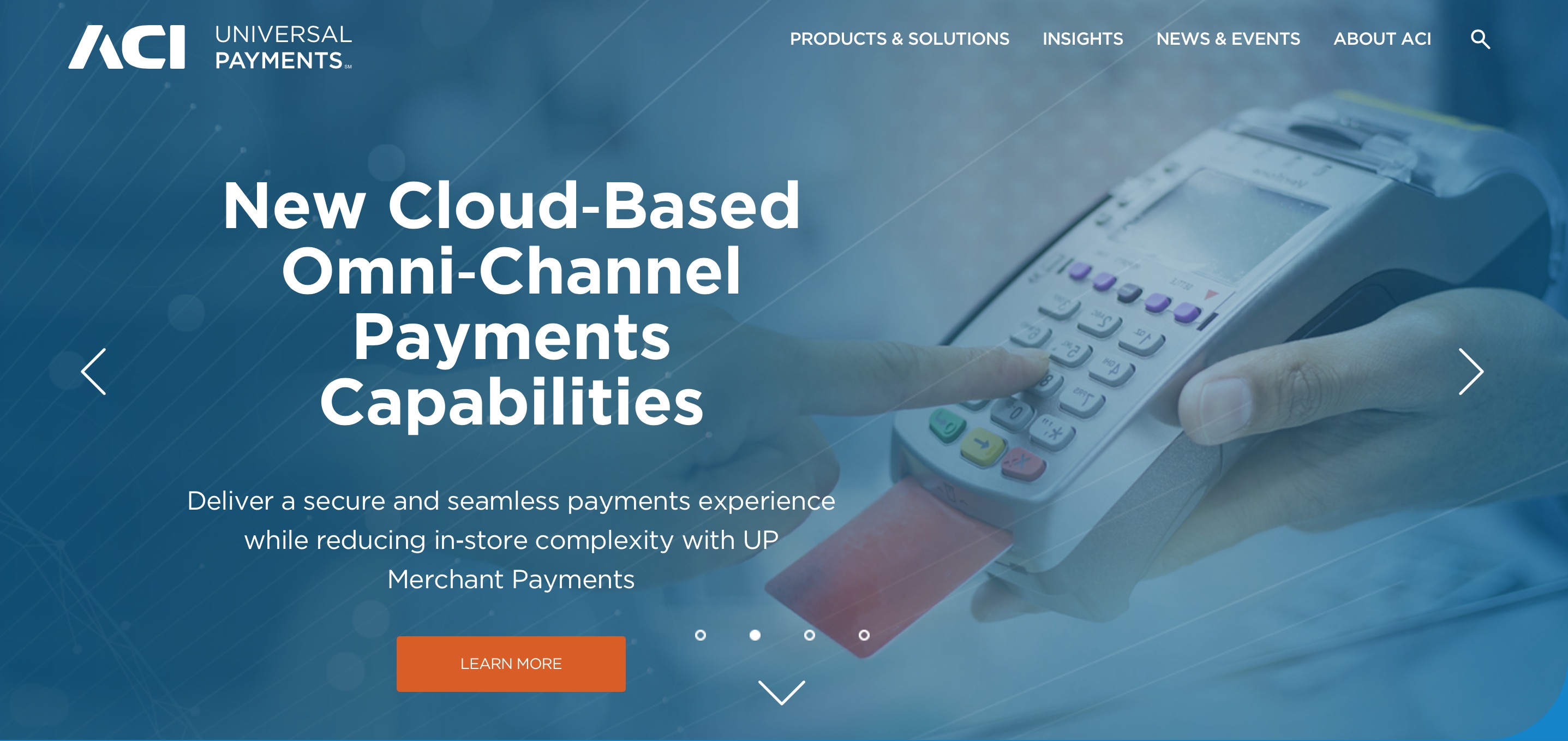Conversational banking technology innovator, Finn AI, will bring the benefits of AI-powered financial assistance to South Africa’s TymeBank. The partnership, announced this week, will help South Africa’s first digital bank develop Max, a virtual assistant dedicated to improving financial literacy.
“Emerging markets are frontrunners in the digital banking race,” Finn AI CEO Jake Tyler said. “TymeBank is one example of a new challenger bank that is changing the face of banking.”
A digital, mobile-first financial institution, TymeBank has no branches and charges lower fees than its brick and mortar rivals. Customers can set up accounts with TymeBank at any one of nearly 700 automated kiosks at Pick n Pay and Boxer supermarkets. More than 100,000 South Africans have opened accounts with the bank since it opened for business in February.
Coenraad Jonker, TymeBank CEO, called the partnership with Finn AI “absolutely instrumental” to the neobank’s early success. “By partnering with Finn AI, TymeBank can offer highly personalized services to our customers,” Jonker said. “We’re working closely on integrating their technology in new ways, such as using AI to simplify account creation.”
With Max, TymeBank seeks to meet consumer expectations for more customized, self-service, digital engagement. The conversational assistant will help bank customers improve their financial lives through better understanding of their credit scores, and provides goal-based savings strategies to help users meet their financial objectives. Max will be available from within the bank’s TymeCoach app.
“We broke the banking mold because it didn’t fit our market – so we built our own,” Jonker said. “It’s customer-centric, intelligent, and it’s helping South Africans enhance their financial well-being.”
Finn demonstrated its virtual banking assistant at FinovateFall 2017, winning Best of Show honors for the second time. Earlier this year, the company announced a partnership with IDaaS specialist, Auth0, that will help banks more readily adopt conversational AI technology. Finn.ai also teamed up with fellow Finovate alum Fidor Bank to help the innovative digital banking group deploy its AI-powered chatbot.
Founded in 2014 and headquartered in Vancouver, British Columbia, Canada, Finn AI has raised $13.7 million in funding. The company’s investors include Flying Fish Partners, Yaletown Partners, and angel investor John Livingston.
